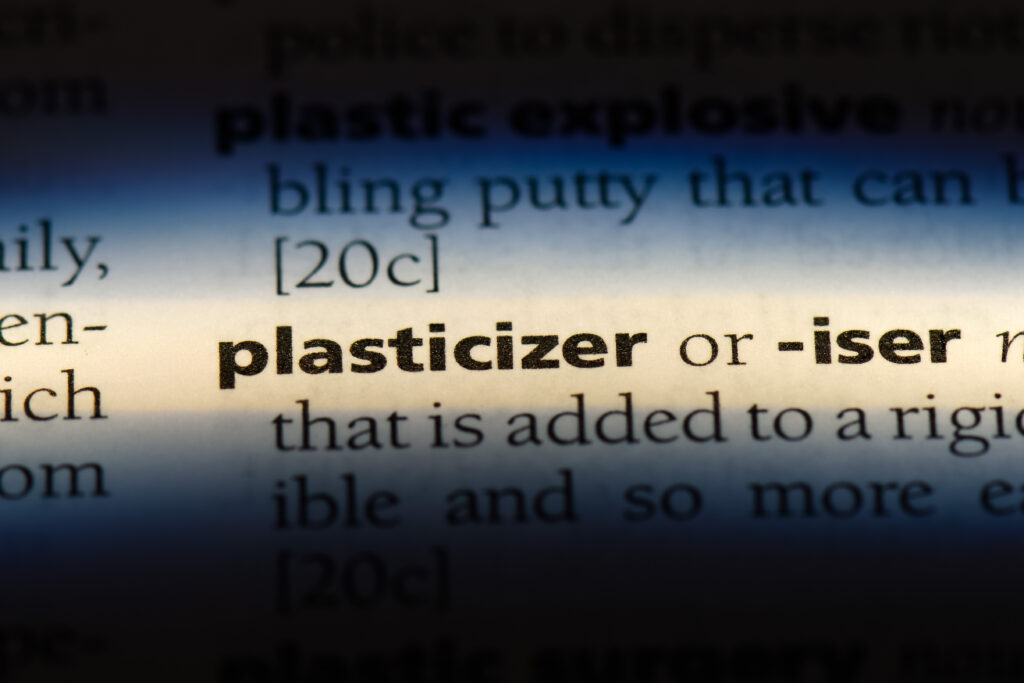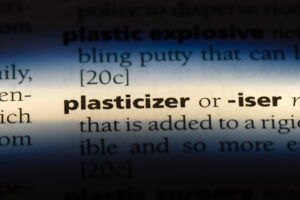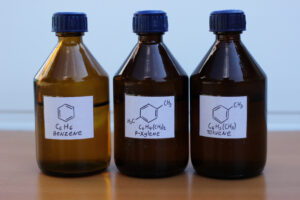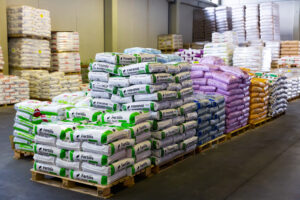Let’s zoom in on PVC, the most commonly manufactured and widely used plastic in the world. This same PVC that’s used to make hard sewer pipes is also used to make your thin shower curtains. How do you think this is possible?
Plasticizers. That’s what makes it possible.
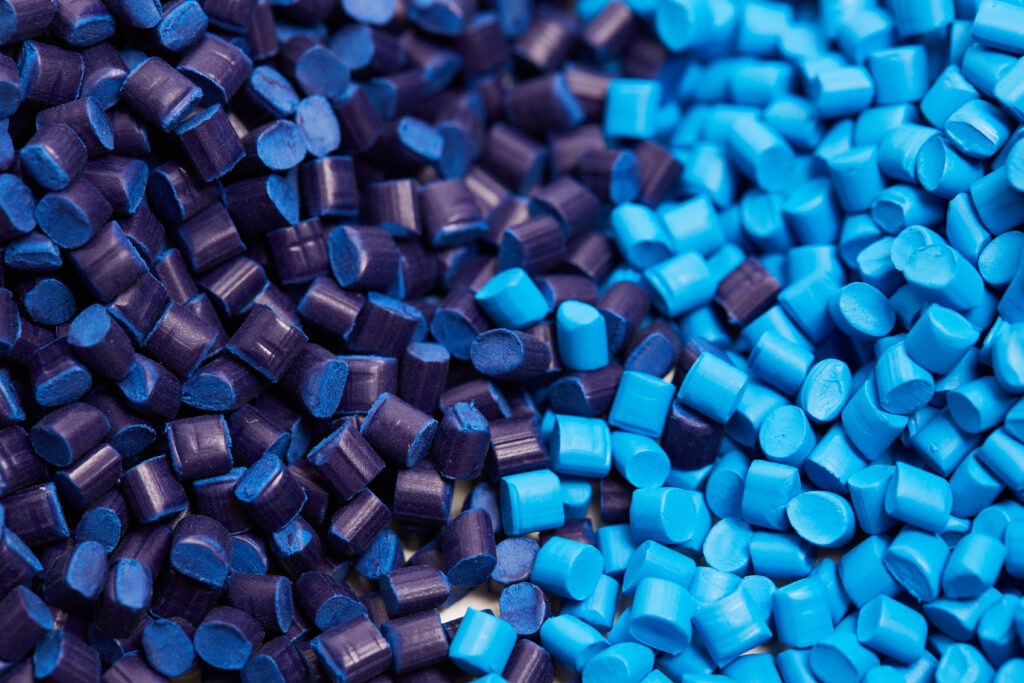
What are Plasticizers?
Plasticizers are chemicals that are added to polymers to imbue them with the plastic properties you’re more familiar with. PVC, originally, is hard and rigid. Definitely not the polymer you would consider for use as a shower curtain. But when you add plasticizer to PVC, the material becomes the choice of coverage for showers in millions of homes in the world.
And if you’re a sucker for professionalism and chemical jargon, here’s your plasticizer definition:
Plasticizers are low volatility substances, solid or liquid, which we add to polymers like rubbers and plastics to make them more flexible, make them more likely to be molded into interesting shapes, and to reduce the friction.
Common Classes of Plasticizers
There are many classifications of plasticizers, with the following seven being the most popular:
- Adipate plasticizers
- Benzoate plasticizers
- Bio-based plasticizers
- Energetic plasticizers
- Citrates plasticizers
- Phthalate ester plasticizers
- Trimellitate ester plasticizers
Each of these classes has unique properties that it most effectively imbues on polymers. For instance, phthalate ester plasticizers are best known for making plastics soft and flexible to make them suitable for use as our shower curtains. Some plasticizer classifications make plastic easier to mold into exciting shapes.
Where are Plasticizers Used
Plasticizers are used everywhere. There’s hardly any industry known to man where plasticizers aren’t of immense use. Examples of such areas of applications include:
- Automotive
Did you know that in your car, there are over 1000 plastic components? A significant percentage of those plastic components are PVC. And these components are wire harnesses, underbody sealants and coatings, exterior fittings and trims, among others.
- Building and construction
The uses of plasticizers in the building and construction industry are many. They range from PVC roofing and cladding to PVC flooring.
- Electrical
The electrical industry uses flexible PVC, a kind of PVC to make materials like coatings for copper wires. Even our computers, TVs, and other gadgets are made from PVCs.
- Fabrics and textiles
Tarpaulins, tents, and other industrial covers are made from PVC-coated polyester. Protective gear for firefighters also is also made from the same material.
- Medicine
Although under strict regulations and heavy restrictions, some plasticizers are used in some hospital materials, such as blood containers.
- Food packaging
Food packaging is another industry that sees a significant use of plasticizers in PVCs. A common example is the thin, tear-resistant, PVC cling film. This material is cost-effective and serves as an effective food packaging material.
- Inks and paints
Inks also contain plasticizers to become more flexible, glossy, softer, and adherent.
- Cosmetics and personal care
Plasticizers, such as DEP and DMP are safe, unlike many other plasticizer types. As a result, they are safe to use with materials that come in contact with the skin and other sensitive areas. As a result, the cosmetics industry makes use of these plasticizers in their products.
Sourcing Your Chemical Products at Chemstock
Chemstock is a leading supplier of all kinds of chemicals for all industrial applications. Regardless of the industry you belong to, we have the chemicals you need. And because we value you, your time, and your resources, we make it easy for you to browse through our catalog of affordable chemicals, buy them, and have them supplied to you with ease.
You may contact us to get your affordable chemical products quotes today.

